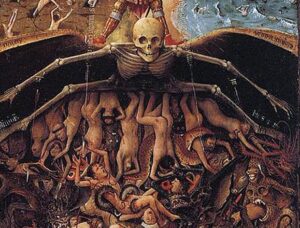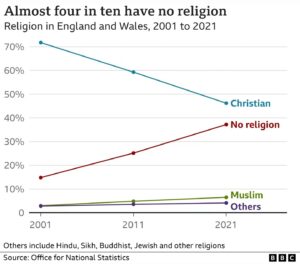Hi there
I’m Lizzie. I have no idea who is still posting here, but I’m the owner of the site. Alan Fox drew my attention to a recent post by Erik about LGBTQ+ people. I read it with growing horror, culminating when I arrived at these words:
[LGBTQ+ people] exist sure enough and extermination is not the way to deal with them, but
“but”.
I set up this site as a venue in which people who wanted to discuss issues such as evolution, theism, and morality in good faith with people with who vehemently disagreed with them, could do so with minimal censorship. I have been absent from the site for many years now, though I continue to pay the hosting fees.
I could simply delete Erik’s post. He would consider it “cancel culture”. Yes, indeed I do wish to “cancel” those views from this blog. Committed as I am to uncensored discussion between people with radically opposing views (as exemplified in the original posting rules for the site) I will not provide a platform for articles that are Nazi-adjacent. I am deeply worried by the rise of right-wing fascism in the world, and I will not facilitate the propagation of such views.
No poster capable of considering, albeit rejecting, “extermination” as a “way to deal with” people like my own beloved daughter is welcome to post those views here. Every day I worry for her safety from people who want to exterminate her.
Alternatively, I could simply pull the plug on this site.
I will sleep on this. I would also welcome comments from any posters still active here. If there are hardly any left, I will probably do that last thing.





